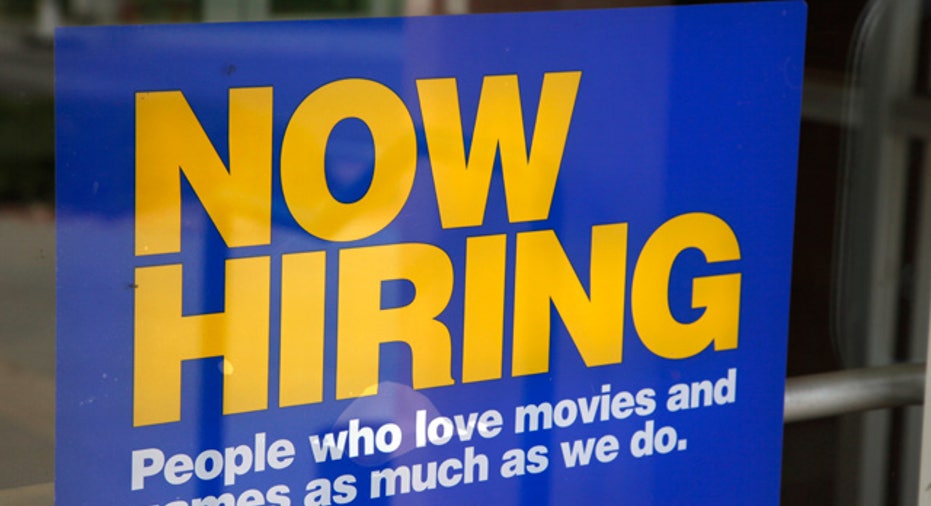Why Teens Can’t Get a Job

Brian Levine, co-owner of Tropical Smoothie Café, has had to make tough decisions that weren't even on the table a few years ago -- for instance, having to decide between giving a teen his or her first job or giving adults who are out of work a chance to support themselves and their families.
And it’s no easy task.
"A lot of it comes down to what we can afford, versus the hours they're available to work," Levine says. "We are more or less, the minimum wage type of place. I would obviously prefer to pay minimum wage, but I'd also go for an adult and pay them an extra dollar an hour. They're available, have more experience and are quicker to train."
About a quarter of Levine’s 23-person staff are adults and recent college grads who have been unable to find work after securing their degrees. The growing pool of applicants makes Levine’s job of picking the right employees more difficult, and the teens applying to work in the Selden, N.Y., store.
"It's definitely harder for [teens]," he says. "There's more competition for kids."
Teens being nagged by their parents to get an after-school job may actually have a legitimate excuse—opportunities are scarce and they face stiff competition from more-qualified candidates.
The recession and high unemployment rate has the overall population struggling to find work in a crowded labor market, and adults are now jockeying for part-time jobs normally filled by teens. The jobless rate for teens ages 16 to 19 in 2011 was close to 25%.
Renee Ward, founder of job posting site Teens4Hire.org, says finding work has become increasingly difficult for teenagers in the past decade, especially if they want to get paid.
"If you have two candidates for a job, and one has experience and will take $10 an hour, and the other is a teen with no experience, who do you think would get the job?" Ward says. "When jobs aren't there for anyone, it's that much harder."
Much of what determines a teen's ability to find part-time work comes down to demographics, population and geography, according to Ward. Cities with high teen populations cities with more teens, less jobs may be available in a local neighborhood. Also, their transportation situation also can open up, or limit their opportunities.
Being focused on a particular area and showing drive always helps teens zero in on available positions, she said. Too many teens will take "any job," she said, and that makes it harder to really find appropriate opportunities.
"If they don't focus on one area of interest, that will hurt them," Ward said. "The more they can sharp shoot on something that is really of interest to them, the more they can narrow in on where the opportunities will be."
John Challenger, CEO of outplacement consulting agency Challenger Gray & Christmas, said two places teens may find luck today are technology and retail.
"Teens are more comfortable with the latest technology," Challenger said. "Retail is one of the best places to get your first job, and as the economy gets better more people will spend money in retail stores, and companies will have more money for summer jobs."
Being more "old-school" with the application process never hurts, either, Challenger said. Many applications will be submitted online, but showing up in person, dressed appropriately, will make any teen a more memorable candidate.
"Go to a store and ask to meet the manager," he said. "Tell them you are reliable and get along with customers and ask if they have any opportunities available. If they don’t, keep coming back and checking. It's not too aggressive, but it's persistent."
Ward said another option for teens looking to beef up their resumes in order to standout among a sea of adult applicants is to take an online certification course. Many companies say they opt to not hire teens because they can't afford to train them, but sites like Wards offer certification for teens for free.
"We put them through all the fundamentals so an employer cant say, 'You're not ready,'" she said. "This way you're not coming in totally green. You understand and have developed workplace values and fundamentals. If we have a whole generation of 23-and 24-year-olds that have never had job experience—that is a scary thing."



















